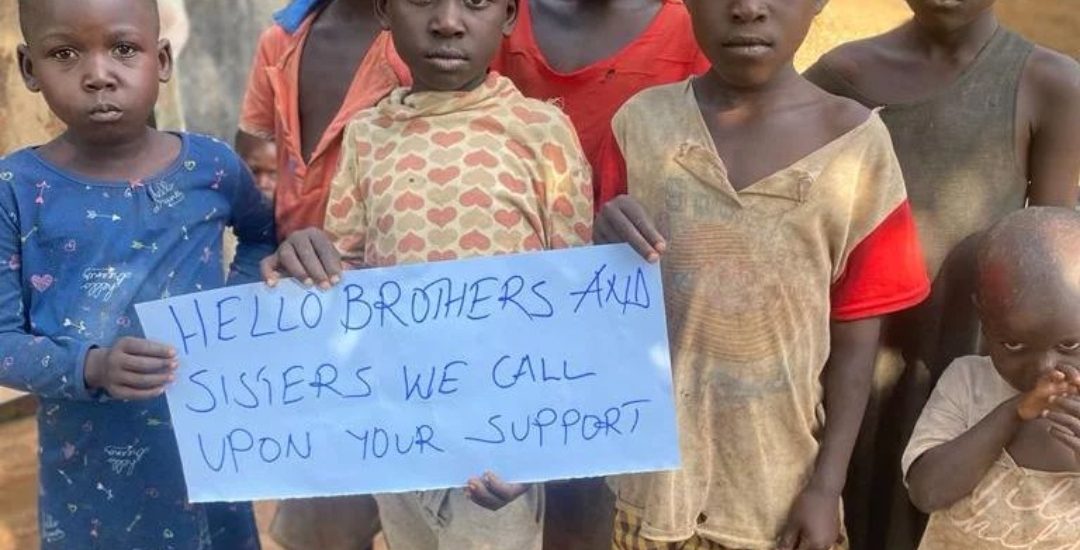In the heart of Uganda’s rural landscape, where the vibrant green fields dance with the breeze and the sun casts a warm glow, there lived a community facing a silent but formidable adversary—lack of access to essential medicines. This is the story of a village called Kasaija, where hope and healing hung in the balance.
At the center of Kasaija was an elderly woman named Nalubega. Her wisdom surpassed the wrinkles etched on her face, and her laughter resonated through the village like a soothing melody. However, a health crisis had settled upon Kasaija, affecting not just Nalubega but every member of the community.
The village lacked basic medical supplies and essential medicines, leaving the community vulnerable to preventable illnesses. The nearest healthcare facility was miles away, and the journey, often on foot, became a daunting task for those in need. The need for medicine became a cry that echoed through the thatched huts and vast fields.
One day, Nalubega’s grandson, Kato, took it upon himself to embark on a journey beyond the village borders. Armed with a simple list of essential medicines, he set out to seek help from neighboring towns and organizations. His quest was not just for his grandmother but for every person in Kasaija yearning for a chance at a healthy life.
Word of Kato’s mission spread quickly, and soon, it reached the ears of a non-profit organization committed to providing healthcare access to underserved communities. Touched by the resilience of Kasaija, the organization launched the “We Need the Medicine” campaign.
The campaign was a beacon of hope, drawing attention to the healthcare disparities faced by Kasaija. Through social media and grassroots efforts, the world learned about the urgent need for medicine in this remote village. The hashtag #WeNeedTheMedicine trended globally, uniting people from different corners of the earth in a common cause.
As awareness grew, donations poured in. Medical supplies, essential medicines, and support came from individuals, organizations, and pharmaceutical companies. The response was not just a relief for Kasaija; it was a testament to the power of collective empathy and a reminder that health is a universal right.
Back in Kasaija, the day arrived when the much-needed medicines reached the village. The joy and gratitude were palpable. Nalubega, with tears in her eyes, expressed thanks not just for the medicine but for the kindness of strangers who had become allies in their fight for health.
The “We Need the Medicine” campaign became more than just a call for help; it became a transformative journey that highlighted the interconnectedness of humanity. It underscored the belief that access to healthcare should be a fundamental right, irrespective of geographical boundaries.
This story is a testament to the fact that the quest for medicine is not just a plea for physical healing; it’s a plea for dignity, compassion, and the understanding that, in the tapestry of humanity, we are all threads intricately woven together.
